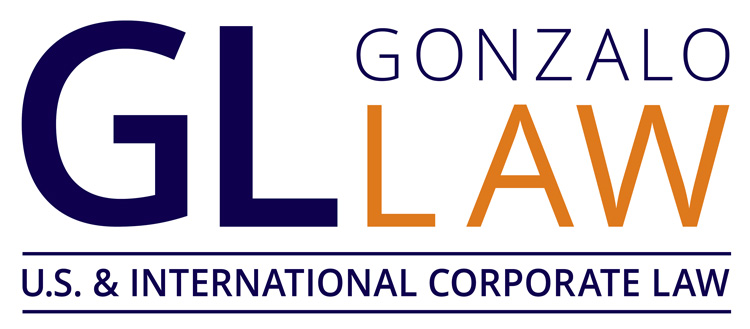If you plan on importing or exporting goods to another country, then you should be aware of the United Nations Convention on the International Sale of Goods (CISG). This is a treaty that was originally signed in Vienna in 1980. As of September 2014, it has been ratified by 83 countries. The purpose of the treaty is to create uniform laws to govern international sales. Prior to this treaty companies were free to designate, for their contract, any applicable law that was currently available in the country in which they were conducting business. This often caused conflict and confusion. The CISG put a stop to this practice by creating default uniform laws for any country that has signed the treaty.
The specific standards that are applied to determine if the CISG is the governing law of any international sale are relatively simple. The CISG applies to commercial contracts and sets forth the rules for buy-sell agreements. Anytime when two parties are conducting sales in different countries that have each signed the CISG, they are automatically bound by the substantive laws which are implemented and governed by the CISG, unless they have contracted out of it. The CISG applies to any goods that are movable or tangible. It does not, however, apply to a contract that largely consists of the supply of labor or other services. If the supply of labor or other services consists of more than 50% of the business then the CISG does not apply.
In some instances companies wish to opt out of the CISG either in full or in part. Based on Article 6 of the CISG, companies are permitted to opt out of the CISG. This must be done in writing and addressed to the depositary. According to law, parties are free to elect the law that they wish to use to administer their contract. However, before deciding on whether or not to opt out of the CISG, it is advised that you speak to a knowledgeable international business attorney who will be able to inform you of all of your rights and the laws that best meet your needs. The purpose of the CISG is to protect all parties. It is made up of 101 Articles that detail all aspects of international sales contracts. It also takes into account the social economic conditions of all countries that have signed the agreement.
It is extremely important whenever you are conducting international business to be aware of the laws and regulations that apply to your legal matter. Always contact an international business attorney prior to signing any contract or engaging in any international business. Legal counsel will provide you with the legal advice that will enable you to carry out your business as efficiently as possible.
References:
1. Christopher C. Kokoruda. The UN Convention on Contracts for the International Sale of Goods – It’s Not Your Father’s Uniform Commercial Code. Florida Bar Journal, Volume 85, No. 6. June 2011.
2. Snell & Wilmar LLP. The United Nations Convention on Contracts for the International Sale of Goods: What Is It? Lexology. 21 Mar. 2014.
3. United Nations Convention on Contracts for the International Sale of Goods. New York: United Nations, 1989. Nov. 2010.







